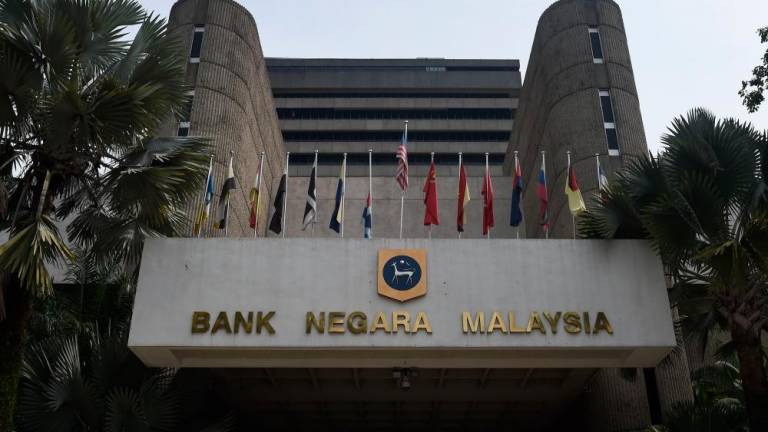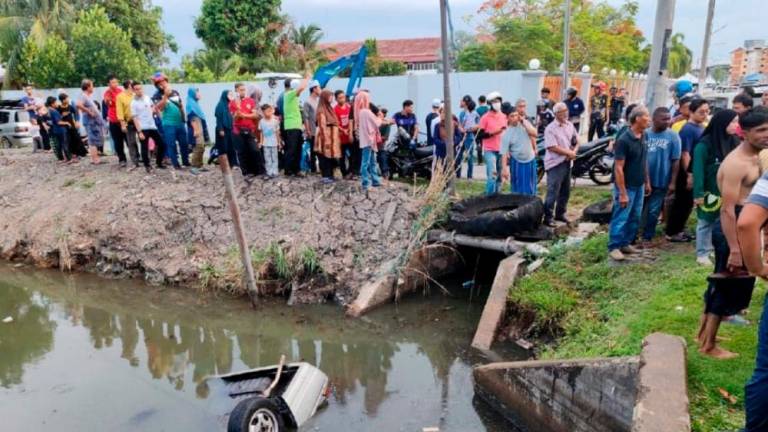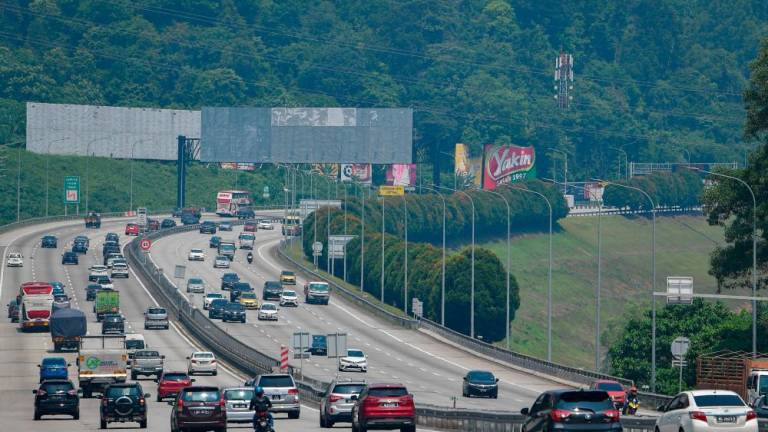A POSITIVE aspect of the Covid-19 pandemic is the reflection in some social media circles on the challenges that the nation is facing. Not just confined to issues directly related to the pandemic, the exchange of ideas and information covers a spectrum of socio-economic and political issues, many of them less explored or regarded as “untouchable” by the English and Malay mainstream media.
One of the nation’s most prolific and thoughtful bloggers, Syed Akhbar Ali recently responded to a reader’s concern on the subject of local food production and how it has been neglected to the detriment of the national economy and society.
Taking the cue from the reader’s appeal to the government and policymakers to focus on food production and to avoid deviations, “Tamatkan penyelewengan”, Outsyed the Box’s (OTB) article provides some background on how and why our local food (padi, fruits, vegetables) producers and their associated industries have been left behind.
The underdevelopment of our local food industry has been attributed by Syed Akhbar to the nation’s earlier political leadership under Tun Dr Mahathir Mohamad and the New Economic Policy.
However he has omitted to mention that this underdevelopment was not due to lack of government funding. In the 10 five-year Malaysia Plans since 1970, agriculture has been allocated a very generous share of the country’s budget. During each five-year plan about RM7 billion to RM11 billion was allocated to agriculture bringing the total allocation for agriculture since 1970 to at least RM70 billion.
How much of this has gone to well-documented and longstanding leakages, malpractices and corruption needs to be asked.
Even a modest 10% of this total means that RM7 billion has disappeared into the pockets of non-farmers. For today, Syed Akhbar has asked why it is necessary to allocate RM800 million of scarce public funds in the current stimulus programme for the growing of short-term cash crops aimed at ensuring food security during this crisis period. The answer to his question is unlikely ever to see the light of day.
Racial factor in local food production
Syed Akhbar’s commentary also touches on a myriad of other issues. They include some which lie at the heart of the racial political system which has become the dominant driver of the economy.
To be sure there are issues in agricultural and food production that are not racially skewed or do not have a race-based explanation.
These relate to the technical aspects of production and productivity; the need to invest in infrastructure and R&D: the lower level skills and knowledge of many local producers; an aging farming population; the competition stemming from imported food products and higher paying employment in the non-agricultural sector; and so on.
But does the racial equation and dynamics found in other aspects of life and society also enter into the issue of self-sufficiency and food production?
And if it does, in what way?
This topic is important not simply because it is 50 years now since the New Economic Policy with its Malay dominance emphasis was first introduced.
It is also important because at this time of acute economic crisis when global supply chains have been disrupted, national and local self-sufficiency concerns have assumed greater importance.
In a recent webinar organised by the Science Media Centre of Malaysia, panellist Dr Paul Teng of the Institute of Agricultural and Food Security Studies called on Asean countries to rethink their food systems in view of border closures and export bans by some countries on food supplies.
An important point he made was the observation that empowering farmers to produce more also meant empowering the consumer as well as other intermediaries all the way down the supply chain.
Syed Akhbar has made a similar observation. According to him: Jika kita menambahkan sedikit pelaburan di Cameron Highlands bayangkan peluang pekerjaan baru yang akan seterusnya wujud bagi semua penduduk negara - bukan saja penanam sayur Cina dan India. Kerja lojistik, perbankan membiayai ekspot impot, perkapalan, penerbangan, packaging dan banyak lagi. Trickle down effect dan spillover effect akan menguntungkan keseluruhan ekonomi negara kita.
(If we increase investment in Cameron Highlands [food production] this will generate new employment which will benefit all – not only Chinese and Indian vegetable growers. Logistics activity, export and import taxes, shipping, air freight, packaging and much more. The trickle down and spillover effect will benefit our entire national economy.)
Food self-sufficiency: How not to bay at the moon
So what’s standing in the way of enhanced food production? First, it is important not to establish self-sufficiency as a hard target. Encourage local production as much as possible through proven market and technology-driven incentives and remove barriers. But recognise that self-sufficiency given the structure of our economy and comparative advantage in other sectors is not a rational or feasible economic goal.
Let the local producers determine whether it is better to put their money on planting Musang King or some other crop and let the market find the balance between local production and imports without the heavy hand of the government intervening to impose controls which will mainly result in higher costs to consumers.
Second, the solution in enhancing production is not to be found by throwing in more money such as the RM800 million extra.
The key constraint that has cropped up repeatedly since the colonial period is the lack of access to land for the Chinese and Indian agricultural community. And when land is available, many farmers are tied to very short leaseholds or temporary occupation licences that provide little security of tenure and deter them from investing in higher level technology and infrastructure.
And this continues for many non-Malay farmers who despite working the land under TOL for several generations still cannot get the change in status of the land despite the change in state government from Barisan Nasional into Pakatan Harapan hands.
Until this land constraint is addressed we will forever be chasing an impossible dream in the quest for enhanced food production.
Lim Teck Ghee’s Another Take is aimed at demystifying social orthodoxy. Comments: letters@thesundaily.com














